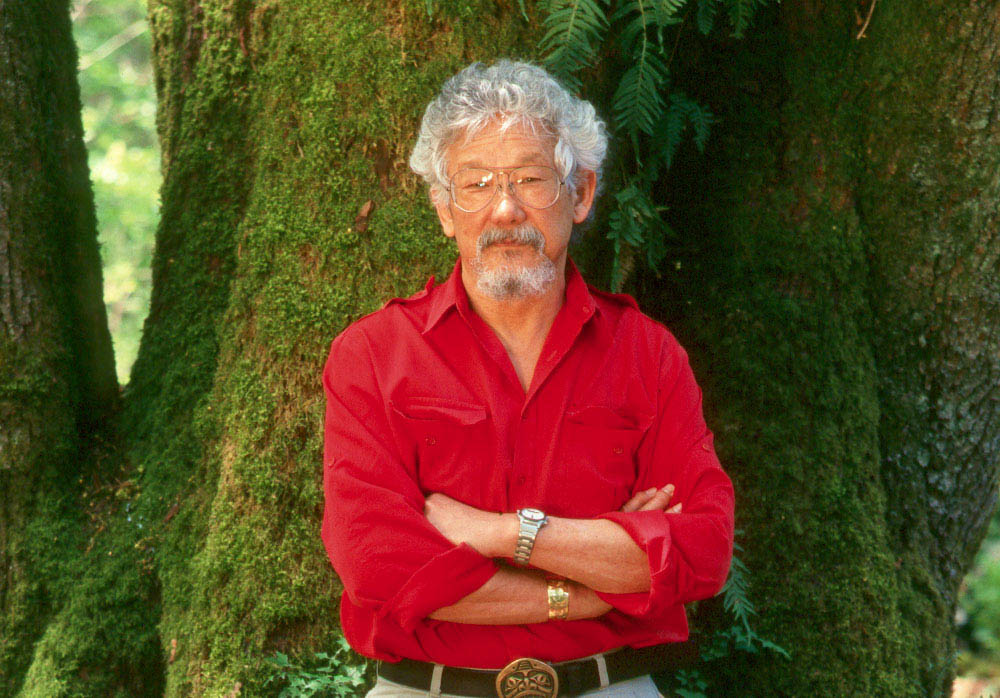The global call for a just, green recovery from COVID-19 will require planning for the short and long term. One immediate need is to stop subsidizing the polluting, climate-altering fossil fuel industry — other than to create opportunities for workers displaced by automation, market forces and now this pandemic.
That isn’t happening.
According to research by a consortium of 14 organizations on the Energy Policy Tracker website, Canada has pumped more than $12 billion into supporting the fossil fuel industry since the pandemic started, but only about $2 billion into clean energy. (More than $10 billion of the fossil fuel money is unconditional, whereas only about $260 million of the clean energy money is unconditional.)
That’s a wider gap than the G20 overall, with $165 billion for fossil fuels and $137 billion for clean energy.
The subsidies can be in the form of tax breaks, relaxed regulations and reporting requirements, direct investments in infrastructure like pipelines, and more.
It’s not that people running fossil fuel companies are having a tough time. Shareholders may be getting poor returns, but many senior executives are being awarded millions of dollars in “performance-based” bonuses on top of their generous salaries.
It isn’t just about money and economics. Clean tech creates more and better jobs than the fossil fuel industry, and shifting support toward it can spark innovative solutions to the problems we’ve created by indiscriminately burning oil, coal and gas.
Bailing out an industry that should have started winding down decades ago is no way to build societal resilience in the face of climate, biodiversity and health crises.
Providing support for displaced workers is necessary, including to help people transition to other industries. Even funding a workforce to clean up some of the many orphaned oil and gas wells throughout the country — as the federal government is doing — is a start, although industry should be responsible.
As an International Institute for Sustainable Development report says, “There is also a need to support those who are unemployed, under-employed, or in precarious work situations.”
But pipeline subsidies, relaxed regulations and reporting requirements and tax breaks for industry shouldn’t be on the table. We need to move away from fossil fuels, not ensure their ubiquitous persistence.
When we see the money flowing to this outdated, destructive industry, and the lengths authorities here, in the U.S. and elsewhere go to crack down on land defenders and peaceful protesters while protecting fossil fuel infrastructure, it’s hard not to think industry has captured governments and other parts of society.
According to the Guardian, a recent U.S. investigation found large oil and gas companies, private utilities and financial institutions that bankroll fossil fuels are supporting police foundations, which raise money for training, weapons, equipment and surveillance technology throughout the U.S.
For decades, people have been saying, “We can’t get off fossil fuels overnight.” But unless we start now, we’ll run out of time.
While the climate emergency and dropping prices and demand had the fossil fuel industry struggling even before COVID-19, Canada’s clean tech sector has been especially hard hit during the pandemic, as many companies are startups and small enterprises that rely on investors.
The sector — which includes everything from renewable energy and recycling technology to electric vehicles and charging stations — was doing well before the pandemic, but mounting job and revenue losses are putting it at risk.
If governments are to subsidize corporate Canada in their pandemic recovery efforts, especially energy-related industries, they should look to the future, not the past. Canada could be a leader in 21st century innovation rather than continuing to prop up and rely on sunset industries the world has agreed must be phased out quickly to keep global heating from exceeding catastrophic levels.
The longer we delay phasing out fossil fuels, the tougher it will become.
Pursuing a wasteful, endlessly growing consumerist fantasy has distanced us from our true natures and from the things that bring true joy — like spending time with loved ones, and experiencing nature — all while wreaking havoc on air, water and land and everything that makes this planet habitable for us and other life.
These are difficult times, but they’re also times of opportunity. We can and must do better.
David Suzuki is a scientist, broadcaster, author and co-founder of the David Suzuki Foundation. Written with contributions from David Suzuki Foundation Senior Writer and Editor Ian Hanington.







